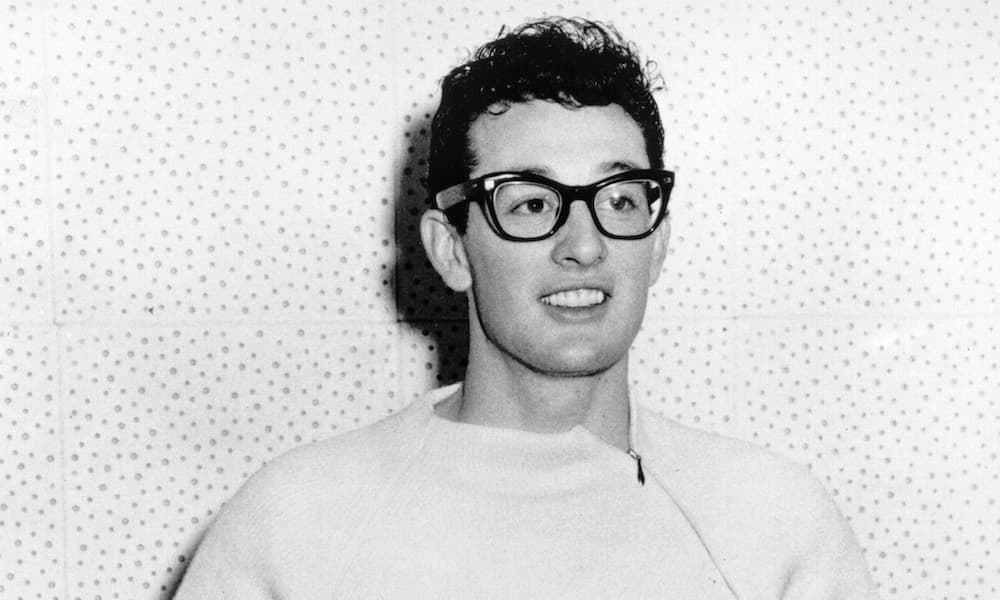
A radiant early morning, where a quiet longing awakens the heart
“Early in the Morning” is a sharp-edged pop-rockabilly track by Buddy Holly, released on July 5, 1958 under the Coral label, and later included in the compilation album The Buddy Holly Story. The song reached #32 on the U.S. Billboard Hot 100 and climbed to #17 on the UK’s Official Charts.
Listening to “Early in the Morning” feels like stepping into that shifting moment between night and day — a place where the soul of someone in love appears with a gentle yet persistent yearning. Holly delivers the song with a plain, pure voice, carrying an emotion rooted deeply in everyday life: he isn’t just singing about waiting, but painting the glow of early sunlight, the golden shimmer, the soft breeze, and the quiet rise of hope.
It should be noted that “Early in the Morning” was not written by Holly — the song was actually composed by Bobby Darin and Woody Harris, and the story behind it is one of the more intriguing mysteries of the 1950s. Because of contract restrictions, Darin initially recorded the track under the name The Ding Dongs, then changed it to The Rinky Dinks once he was discovered. Coral (Holly’s label) quickly rushed Holly into the studio to record a near-identical version: same backing musicians, same background singers — all to compete directly with Darin’s version.
This near duplication turned “Early in the Morning” into a “battle of recordings”: both versions were released almost simultaneously, and Holly and Darin climbed the charts side by side. Holly reached #32 in the U.S., while Darin (as The Rinky Dinks) rose to #24 according to the chart data of that time. This not only showcased Holly’s vocal talent, but also reflected the shrewd business strategies of the music industry in that era.
Emotionally, the lyrics carry a romantic nostalgia tinged with quiet melancholy: “Early in the morning, over by the window day is dawning … / I feel that life is very good to me … / Something in the early morning meadow / tells me that today you’re on your way … / And you’ll be coming home to me.”
Holly uses natural imagery — sunlight, meadows, willow branches — as mirrors of the waiting heart: a silent belief, a hope that each new dawn may bring good news, may bring someone back home.
Musically, the song embodies the early rock ’n’ roll style — a rhythm both free-spirited and slightly gentle in the way Holly shapes his voice. The arrangement is not overly complex, yet it creates an open acoustic space that lets Holly’s voice stand out like a solitary character talking to himself during the first quiet hours of the day. The background vocals (featuring the Helen Way Singers in the recording) add an almost spiritual atmosphere — warm yet distant, like a sacred morning light.
As for its legacy, although “Early in the Morning” was not among Holly’s biggest hits, it still holds an important place in his musical journey: one of his few Top 40 singles, and solid evidence that Holly was not only a creative songwriter but also a sensitive, emotionally nuanced performer.
And beyond that, the behind-the-scenes story of Darin “passing” the song to Holly — then the two of them racing each other on the charts — highlights an interesting truth: the music world of the 1950s was not only about creativity, but also strategy, maneuvering, and the price young artists had to pay to claim their place.
Within Buddy Holly’s musical legacy, “Early in the Morning” stands as a gentle yet resonant gem — a song of fragile hope, of patient love, and of a young man who seemed certain that every sunrise carried a chance for the one he loved to return.